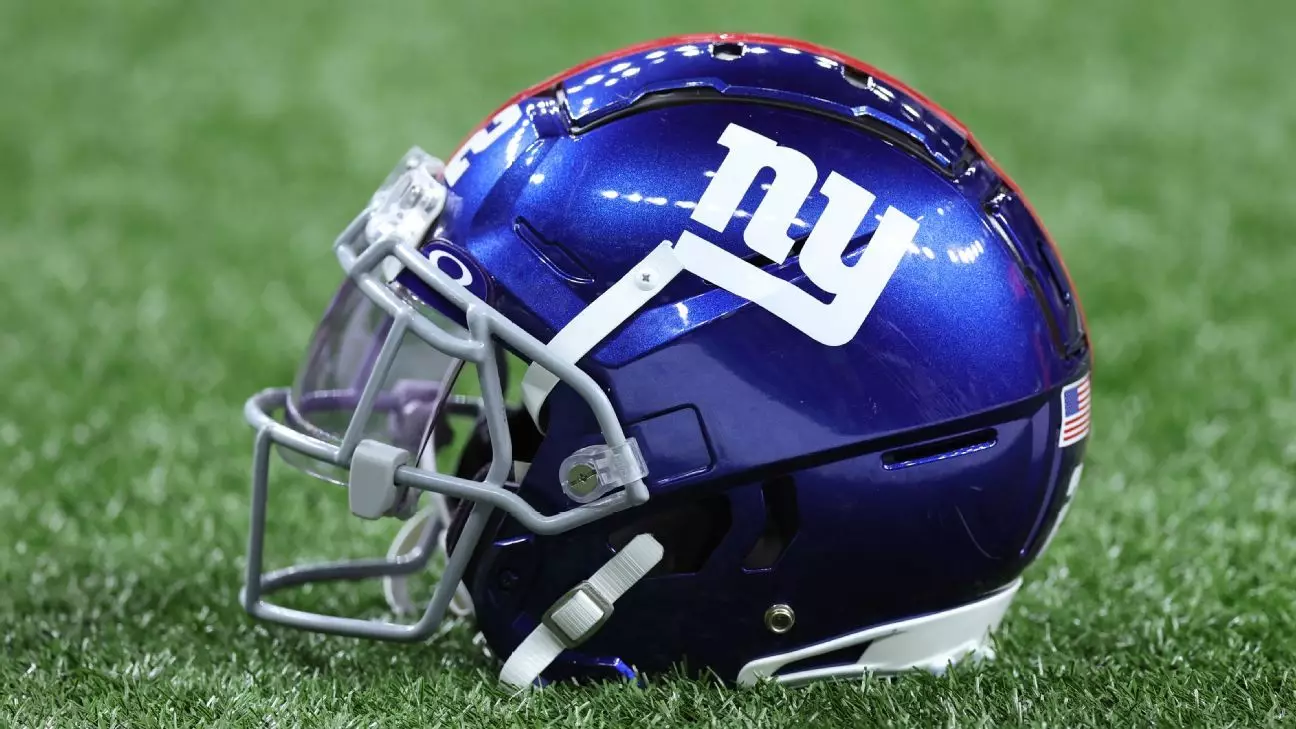Recently, the New York Giants have embarked on a noteworthy financial venture by exploring the possibility of selling a minority stake in the franchise. This move is expected to set a new precedent for the valuation of NFL teams, with the current figures already placing the franchise in the upper echelons of sports team worth. Historically, the Giants have held their place as one of the most valuable sports organizations globally, owing much to their storied legacy and the lucrative New York City market.
The Mara and Tisch families currently control 50% of the franchise, a position they have maintained since the deaths of their predecessors in 2005. John Mara and Steve Tisch have significant responsibility in steering the direction of the Giants. This moment of potential ownership transition raises questions about the motivations behind such a sale.
The Giants have engaged Moelis & Company as their financial advisor to navigate this process. Their hiring suggests a strategic move to maximize the sale potential of up to 10% of the franchise. The absence of further comments from the team indicates that the decision is still in its nascent stages, yet the ramifications of this move are considerable.
It is essential to consider the backdrop against which this sale is being contemplated. Earlier this year, the NFL passed a policy allowing private equity firms to acquire minority stakes in teams, a significant shift that may explain the Giants’ interest in selling a portion of the franchise. This trend towards financial collaboration could hint at a broader effort by NFL teams to strengthen their economic positions amid fluctuating performance and competitive dynamics in the league.
Forbes valued the New York Giants at $7.3 billion, while CNBC estimated their worth at $7.85 billion, placing them among the most affluent franchises in sports. To better understand the context of this evaluation, one can reference the Philadelphia Eagles, who, after their recent Super Bowl victory, were evaluated between $6.6 billion and $7 billion. The Eagles’ strategic minority sales culminated in valuations reaching up to $8.3 billion, reinforcing the lucrative nature of NFL teams.
The recent financial dealings among teams, such as the 10% stakes bought by private equity firms in franchises like the Buffalo Bills and the Miami Dolphins, highlight the shifting landscape of team ownership. These transactions exemplify a growing trend that could either stabilize or disrupt traditional ownership models within the league.
The Future of Giants and Beyond
While the Giants have established a strong legacy, their recent performance on the field has raised concerns about competitiveness relative to other franchises. This performance disparity underscores the urgency of financial maneuvers like the proposed sale of minority stakes. The potential influx of new capital from investors could bolster efforts to revamp the organization and create symbiotic partnerships that enhance overall team performance and sustainability.
The New York Giants’ exploration of selling a limited stake provokes a dialogue about modern ownership dynamics in the NFL. As teams navigate financial and competitive challenges, the implications of such strategies will likely resonate well beyond the gridiron, ultimately shaping the future of sports franchise ownership. By capitalizing on new investment models, the Giants may not only revive their competitive edge but redefine the economic landscape of the league.

